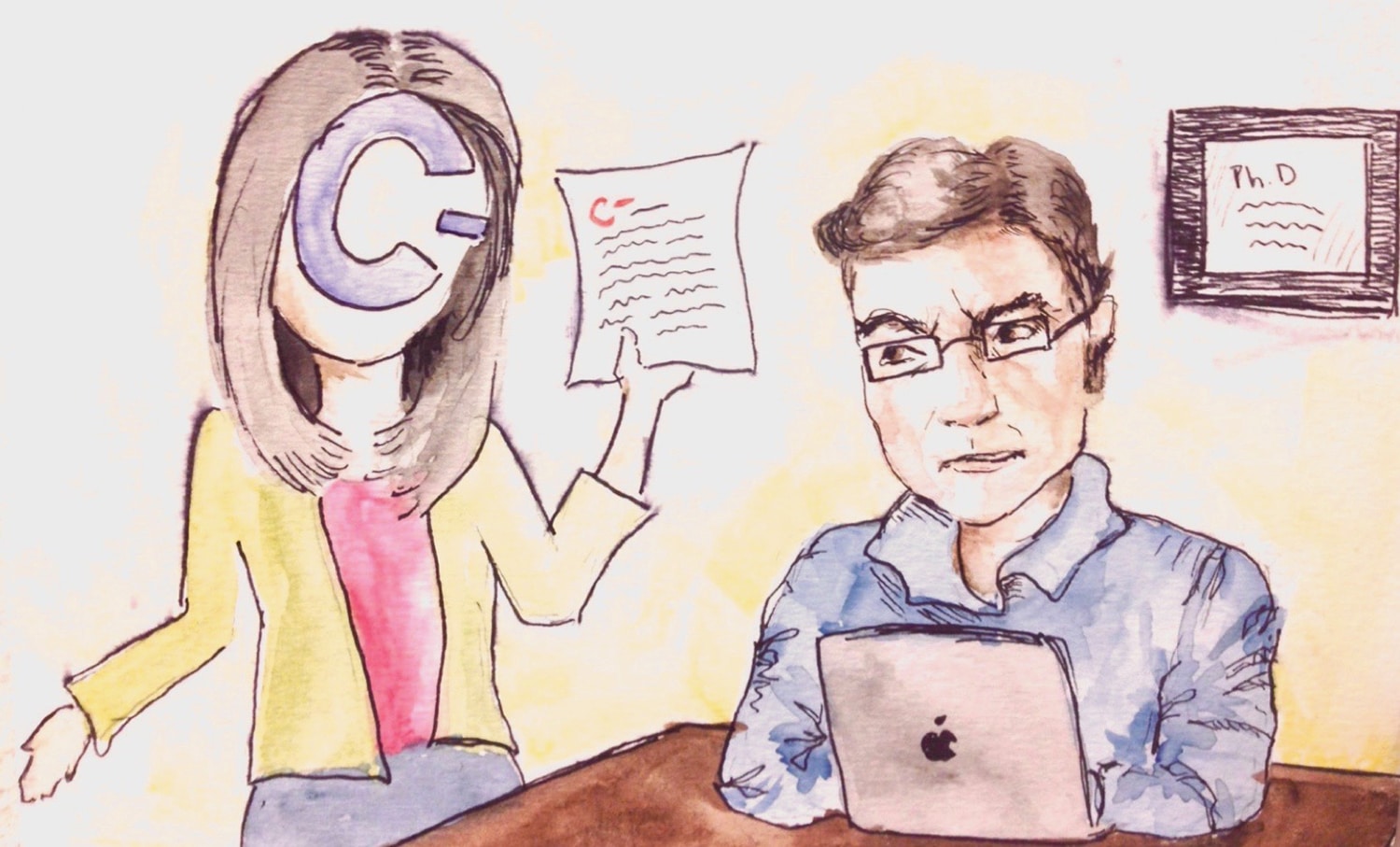Students often struggle to feel like their mental health and well-being are supported in an environment that actively includes empathy. By empathy, I mean an awareness about the struggle that students face in balancing mental health and academic obligations. Professors should be willing to accommodate and validate students going through a difficult personal time, instead of placing a higher priority on their academic reputation. This disconnect negatively affects the mental health of students and perpetuates a culture in academia that prioritizes prestige of professors over the mental health of students.
It’s no secret that mental health care tends to be devalued in academia. Kiera Cox (senior) voiced concerns regarding professors that fail to acknowledge that students are people.
“I’m not just a grade or a number or a reflection on the department,” Cox said. “I’m a complex human being that will sometimes do well and will sometimes struggle.”
Cox had to explicitly describe her difficulties after her professor didn’t take her word for it. In certain scenarios, such as severe psychological stress, students can appeal to the Dean of Students if they are facing a serious personal issue requiring special attention. The exemption, promoted by the Culture of Care, allowed for students to take time away from academics in order to preserve their mental health. I was floored to hear that even the exemption wasn’t enough.
According to Cox, the professor’s response was, “Oh you have 200 pages of reading for this week so just this once you can only do the first hundred and I’ll only call you on the first hundred.”
“That was not an empathetic response at all,” Cox said. “That was just honestly ridiculous.”
Professors’ lack of accommodation can do more damage than the professor realizes. Dean Lin (junior) expressed that a professor had disregarded their mental health entirely for the sake of completing the class. The professor did not allow absences under any circumstances and stressed students to the point of missing a week of sleep. Lin said, “He compromised my and other students’ mental health just to pass the class.”
The definition of academic success must include prioritizing mental health. The students I spoke to noted that there is a disconnect with professors, despite the fact that the Diplomacy and World Affairs (DWA) department prides themselves on celebrating identity and intersectionality of experiences.
It is appalling when professors show a blatant disregard for a student’s well-being in order to maintain the reputation of teaching a prestigious class. Cox recalled when her professor refused to accommodate her even after presenting a Dean of Students exemption. She remembered being “taken aback by that because this professor specializes in human rights scholarship and yet [they were] so callous and unempathetic when a student was having an issue.” The commitment to human rights fulfillment is clearly something that remained on paper for this professor.
Professors themselves do not normally identify as emotional support systems for students and frequently cite that their job title is not “therapist.” Professors should not have to take on the responsibility of caring for their students’ mental health when there are other trained personnel on campus that can do so. But professors can open their hearts and minds to the idea that their students sometimes need understanding and validation. It is not difficult to incorporate an understanding of the mental health issues a student might face.
I do not intend to say that Occidental professors are unempathetic. I spoke to students that had very positive experiences as a result of being vulnerable with professors and asking for understanding.
Andrea Tuemmler (senior) spoke of a professor that recognized her stress and supported her through a difficult personal time.
“I decided to cut my hair really short, which was really scary for me, and she didn’t know me that well but she kept coming over to encourage me during the process and compliment how it was looking which sounds silly but it made a huge difference for me,” Tuemmler said.
I don’t believe that professors are intentionally malicious in their actions. However, professors should recognize the way they factor into a student’s mental health. While they cannot and should not take on the role of a therapist, their understanding and accommodation can mean a world of difference to students.
If an institution prides itself on diversity and scholarly excellence, there cannot be a disregard for the importance of empathy. The conversation begs the question of how professors are trained and how they are expected to address issues of mental well-being. If training is centered on producing high-quality scholarship and advancing the status of the institution, this causes professors to overlook the well-being of the people seated in their own classrooms. It demonstrates a culture within academia that prioritizes professional success over mental health in order to achieve academic success. We have nothing to lose by changing a long-overdue norm.
Rosalind Jones is a senior Diplomacy and World Affairs major. She can be reached at rosalindjones@oxy.edu.
![]()




































